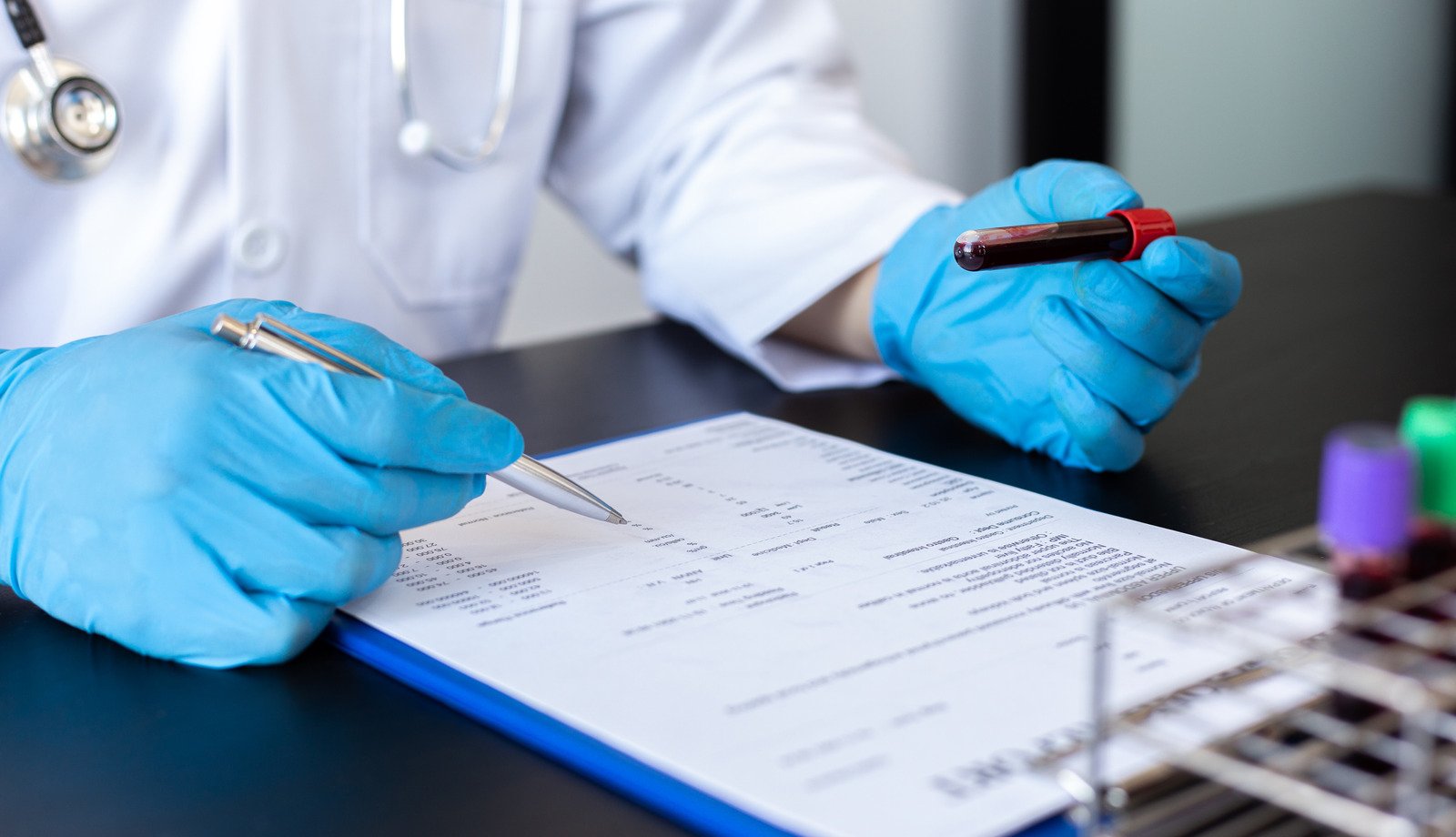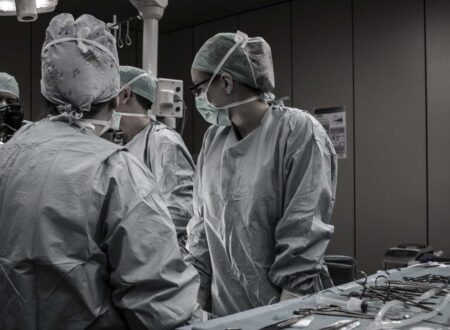We’re living in an age where science fiction is quickly becoming science fact. From AI-driven diagnostics to wearable devices that monitor vital signs in real time, technology is fundamentally transforming the healthcare industry. The future of medicine is no longer on the horizon—it’s already here, reshaping how we prevent, diagnose, and treat illness.
In this blog, we’ll explore how artificial intelligence and cutting-edge technologies are revolutionizing healthcare, making it more precise, personalized, and proactive than ever before.
1. AI-Powered Diagnostics: Faster and More Accurate
One of the most impactful areas where AI is changing healthcare is in medical diagnostics. Machine learning algorithms can now analyze imaging scans (like X-rays, MRIs, and CT scans) with a level of accuracy that often rivals—and sometimes exceeds—human doctors.
For example:
- AI systems can detect early signs of breast cancer, lung nodules, or retinal diseases in seconds.
- Natural language processing (NLP) tools can sift through medical records to flag potential health risks or misdiagnoses.
- AI chatbots can perform basic triage, helping patients determine whether they need urgent care.
The result? Faster, more accurate diagnoses that help save lives and reduce strain on healthcare systems.
2. Personalized Medicine: Tailoring Treatment to You
Gone are the days of one-size-fits-all treatment. Thanks to AI and data analytics, medicine is becoming more personalized than ever before.
Here’s how:
- Genomic sequencing allows doctors to understand your DNA and predict how you might respond to specific treatments or medications.
- AI can analyze data from your wearables, diet, environment, and health records to recommend custom care plans.
- In oncology, AI is being used to design precision cancer therapies that target specific mutations in a patient’s tumor.
By focusing on the individual rather than the average, personalized medicine leads to better outcomes, fewer side effects, and more efficient care.
3. Remote Monitoring and Telehealth: Healthcare Without Borders
The rise of telemedicine and remote patient monitoring has exploded since the pandemic, but the innovation hasn’t stopped.
Now, wearable devices like smartwatches and fitness trackers can monitor:
- Heart rate and rhythm
- Blood oxygen levels
- Sleep patterns
- Glucose levels (for diabetics)
- Blood pressure
AI algorithms process this data in real time, flagging abnormalities and alerting both patients and doctors when something’s off.
What does this mean for the future?
- Fewer unnecessary hospital visits
- Earlier detection of chronic issues
- Continuous care without stepping foot in a clinic
For people in rural areas or with limited mobility, this is a game-changer.
4. Robotics and Automation: Enhancing Surgical Precision
Robots in healthcare might sound futuristic, but they’re already operating in hospitals around the world. Robotic-assisted surgeries are becoming increasingly common, especially in complex procedures like heart surgery, orthopedics, and urology.
Benefits of medical robotics include:
- Smaller incisions and faster recovery times
- Reduced human error
- Greater precision and control during surgery
Beyond the operating room, automation is also transforming:
- Pharmacy operations (e.g., automated pill dispensers)
- Hospital logistics (e.g., robotic carts that deliver supplies)
- Lab testing and sample analysis
By reducing manual tasks, healthcare professionals can focus more on patient care and less on paperwork.
5. Big Data and Predictive Analytics: Preventing Illness Before It Starts
In medicine, data is power—and AI thrives on data. With billions of data points from patient records, clinical trials, and public health databases, predictive models can now identify trends and risks long before symptoms appear.
Applications include:
- Flagging patients at risk of heart disease, diabetes, or mental health crises
- Predicting hospital readmissions
- Optimizing emergency room resources based on historical patterns
Hospitals and insurers are increasingly using this data to prevent illness, rather than just treat it—shifting healthcare from reactive to proactive.
6. Ethical Considerations and the Human Touch
With great power comes great responsibility. As we embrace AI and tech in medicine, we must also address ethical concerns:
- How do we protect patient data and privacy?
- Can algorithms be biased based on flawed training data?
- Will AI replace doctors?
The answer to the last question is a resounding no. Technology should augment, not replace, human care. Empathy, judgment, and the doctor-patient relationship remain irreplaceable.
The key is balance—using AI to handle the data, while healthcare providers handle the human connection.
Final Thoughts: A Healthier Tomorrow, Today
The fusion of AI and medicine is no longer an experiment—it’s the new reality. These technologies are improving access, accuracy, efficiency, and outcomes across the board. But perhaps more importantly, they’re shifting healthcare’s focus from treatment to prevention, from one-size-fits-all to individualized, and from reactive to predictive.
As we look ahead, the future of medicine promises to be more intelligent, inclusive, and innovative than ever before.
So whether you’re a patient, provider, or just a curious onlooker—get ready. The revolution is already underway.





